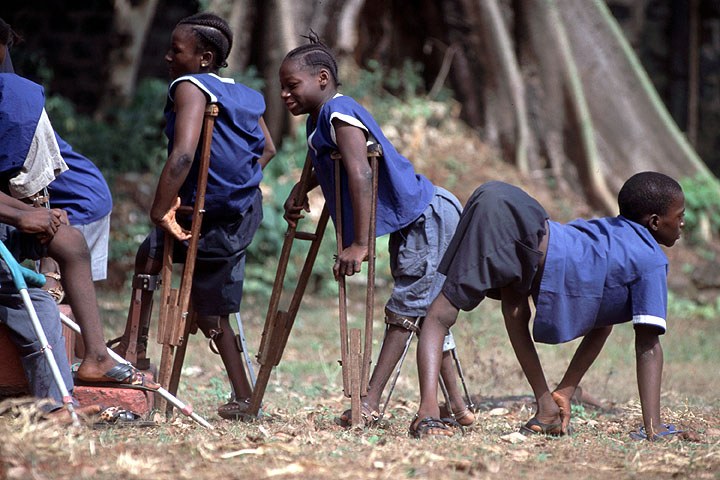Nigeria has reported its third polio case in the northeastern state of Borno, the World Health Organisation (WHO) said on Monday, September 5, warning more cases could appear in a major health setback.

Two other polio cases were reported in August.
Nigeria was on track to be certified free of the virus next year.
“A third child has been paralysed by wild poliovirus type one in Borno state,” WHO said in a statement.
“It’s all linked to the same outbreak,” WHO said, adding: “detection of new cases is not unexpected and can be anticipated, particularly as disease surveillance is being strengthened including by conducting retrospective case searches.”
The three cases appear to come from the same strain of the disease circulating in the northeast for years, said Stephanie Mucznik, spokesperson for Rotary International, which is working with the Nigerian government to eradicate polio.
Mucznik said the latest case concerned a two-year-old boy suffering from the onset of paralysis on August 6 in the Monguno area.
“Genetic sequencing of the isolated viruses suggests they are most closely linked to WPV1 last detected in Borno in 2011, indicating the strain has been circulating without detection since that time,” Mucznik said.
Polio is a highly infectious viral disease which mainly affects young children and can result in permanent paralysis. There is no cure and it can only be prevented through immunisation.
Nigeria’s outbreak response, which includes a large immunisation campaign, is expected to continue until November and includes the neighbouring areas of Chad, Cameroon and Niger.
Nigerian Health Minister Isaac Adewole warned in August that the affected areas “have had their health facilities destroyed by insurgents” and “accessibility was a barrier to service provision.”
Since taking up arms in 2009, Boko Haram Islamist militants have captured swathes of territory in the northeast, cutting off health services to millions of people.
In the past year, the Nigerian military has recorded a series of successes against Boko Haram.
But the northeast has been devastated by the fighting, with the United Nations estimating that this year seven million people are in need of humanitarian assistance.
